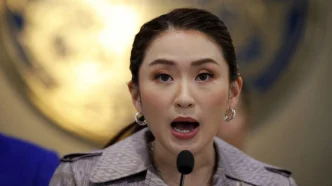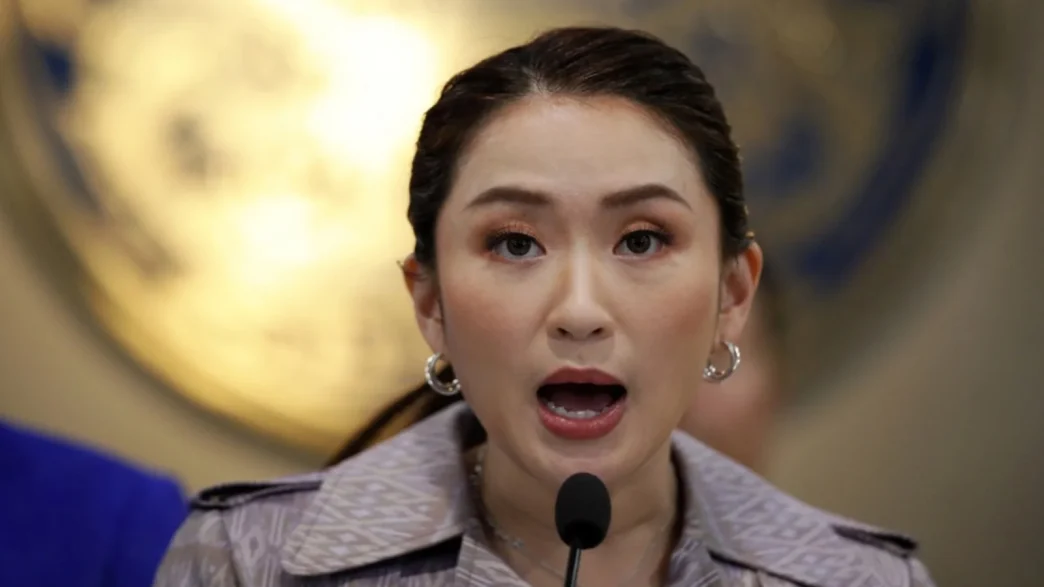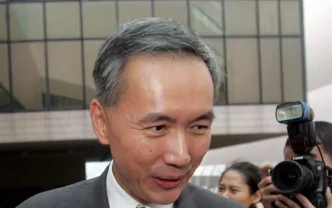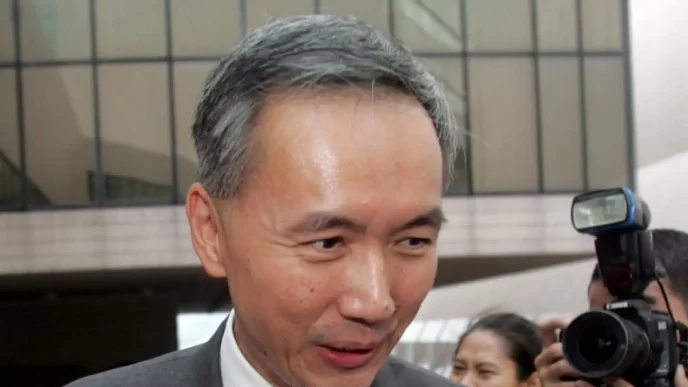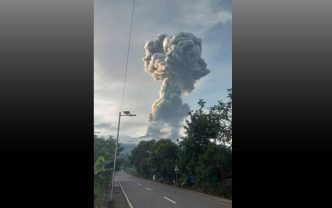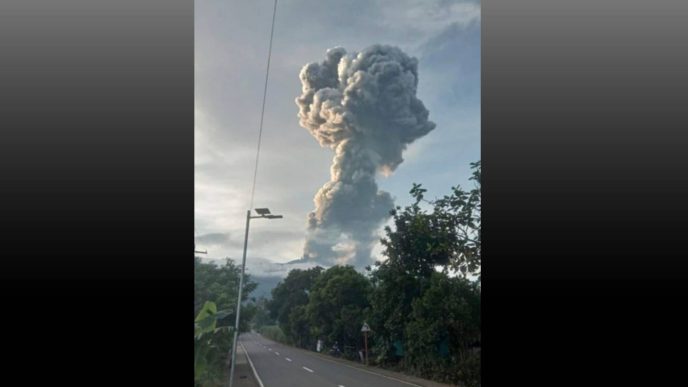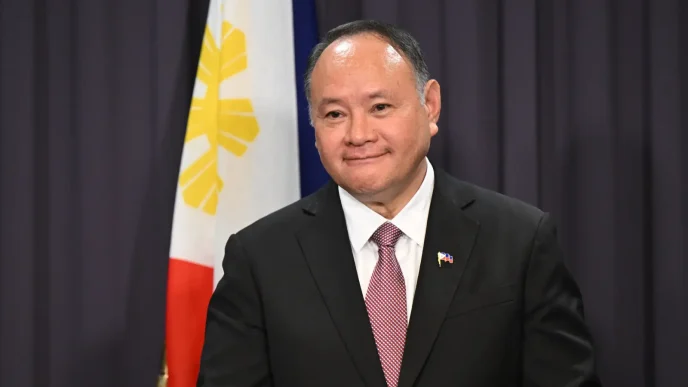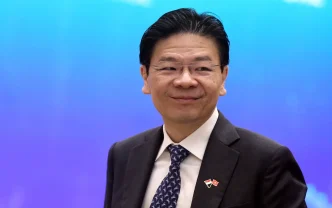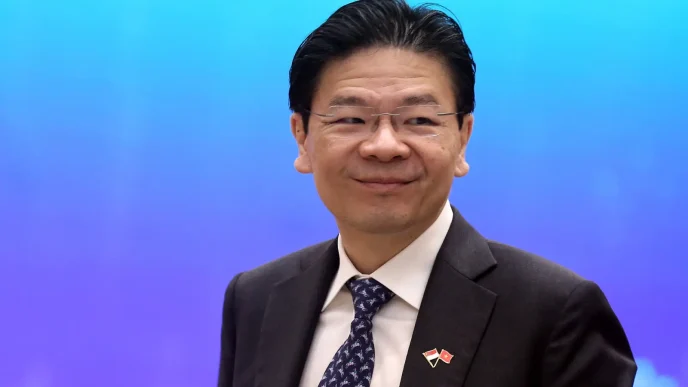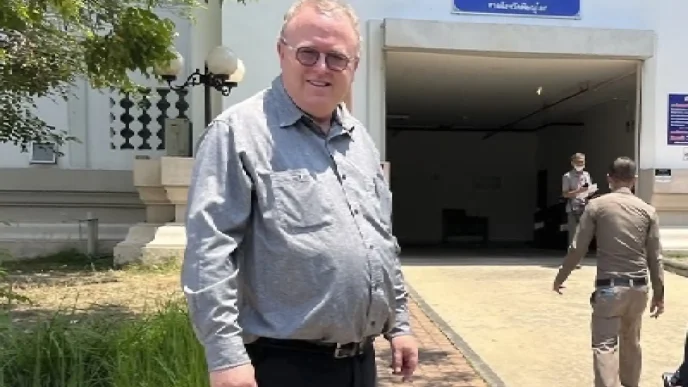Prime Minister Paetongtarn Shinawatra said last week Thailand has a ‘strong plan’ to handle the trade tariffs. (EPA Images pic)
BANGKOK: Thailand’s stock exchange banned short-selling on most equities today, despite being closed for a holiday, after global markets went into freefall over an escalating trade war.
A rout of stock markets around the world deepened today and fears of recession rose after China retaliated against US President Donald Trump’s tariffs and Europe pondered its response.
The kingdom has been hit with tariffs of 36% on exports to the US – its biggest market, with a trade surplus of around US$45 billion.
The Stock Exchange of Thailand (SET) said today short-selling of all but market-maker stocks would be banned until April 11, while the trading bands of equities would also be limited.
Short-selling is when an investor borrows a stock at a certain price to sell, expecting they can buy it back in the future at a much lower price.
The SET said it believed the temporary measures would “support the stability of the market and investor confidence”.
The trading band for most stocks have also been halved when the market reopens tomorrow, with SET equities going from 30% to 15% and foreign lists from 60% to 30%.
The SET index closed at 1,125.21 on Friday, down 3.15% on the day and compared to recent highs of around 1,400 before Trump was inaugurated in January.
The SET did not rule out further restrictions.
“The Stock Exchange of Thailand will monitor the daily situation and will adjust measures with the current situation,” a statement said.
Prime Minister Paetongtarn Shinawatra said last week Thailand had a “strong plan” to handle the swingeing new trade tariffs and hoped to negotiate a reduction.
